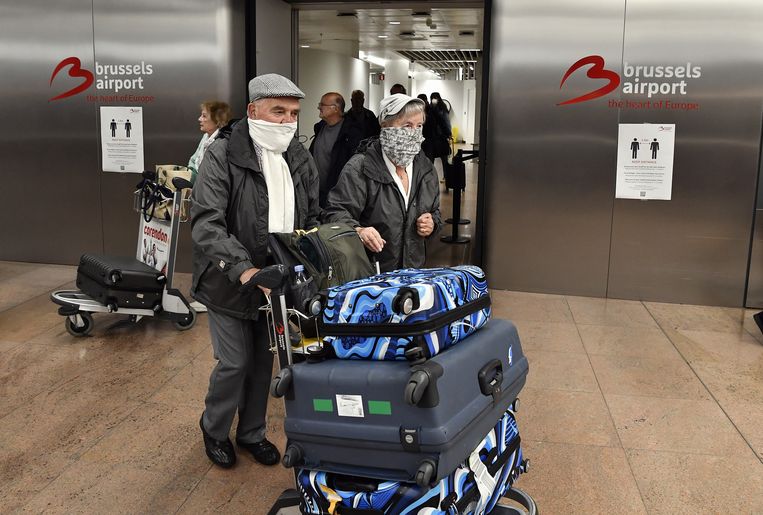During the week after the Easter holidays, from 19 to 25 April, 58 people were caught trying to travel abroad with false documentation of negative Covid-19 tests from Brussels Airport.
Most people trying to scam the system put in place to regulate travel abroad during the pandemic had a permanent address in Belgium, according to the Halle-Vilvoorde public prosecutor's office.
"This is a persistent minority, but these few people are hampering the safe travel of all those who are in order and can present a real negative test,” prosecutor Ine Van Wymersch told Het Nieuwsblad.
All travellers were fined €750, and those who fail to pay this settlement will have to appear before the criminal court and risks a prison sentence of five years and a fine of up to €2,000.
Related News
- The Recap: Family, Fitness & Failing
- 66% of Belgians think travel ban was lifted too early, survey shows
Since Monday 19 April, the non-essential travel ban has been lifted for travel to and from Belgium, however, Prime Minister Alexander De Croo has emphasised that it is strictly discouraged.
Similar to before the travel ban was imposed, those coming back from the red zone have to go into quarantine and have to be tested on the 1st and 7th day of their return, and everyone has to fill in a mandatory Passenger Location Form (PLF).
To combat the falsifying of both the PLF and the negative Covid-19 test for travel, the Board of Procurators General issued guidelines on the prosecution of these people, which state that people who create or use such false documents are immediately summoned to appear before the criminal court.
However, public prosecutors can opt to first propose an amicable settlement of €750 euros, which is what the Halle-Vilvoord public prosecutor’s office chose to do in these instances.
On Friday morning, Interior Minister Annelies Verlinden said she wants to discuss whether the mandatory quarantine from high-risk zones can be tightened up.
“Today, people who are in quarantine can, for example, still go to the shop or to the pharmacy,” she said. “We need to see if we need to tighten those guidelines for people who come from high-risk areas.”
Lauren Walker
The Brussels Times

